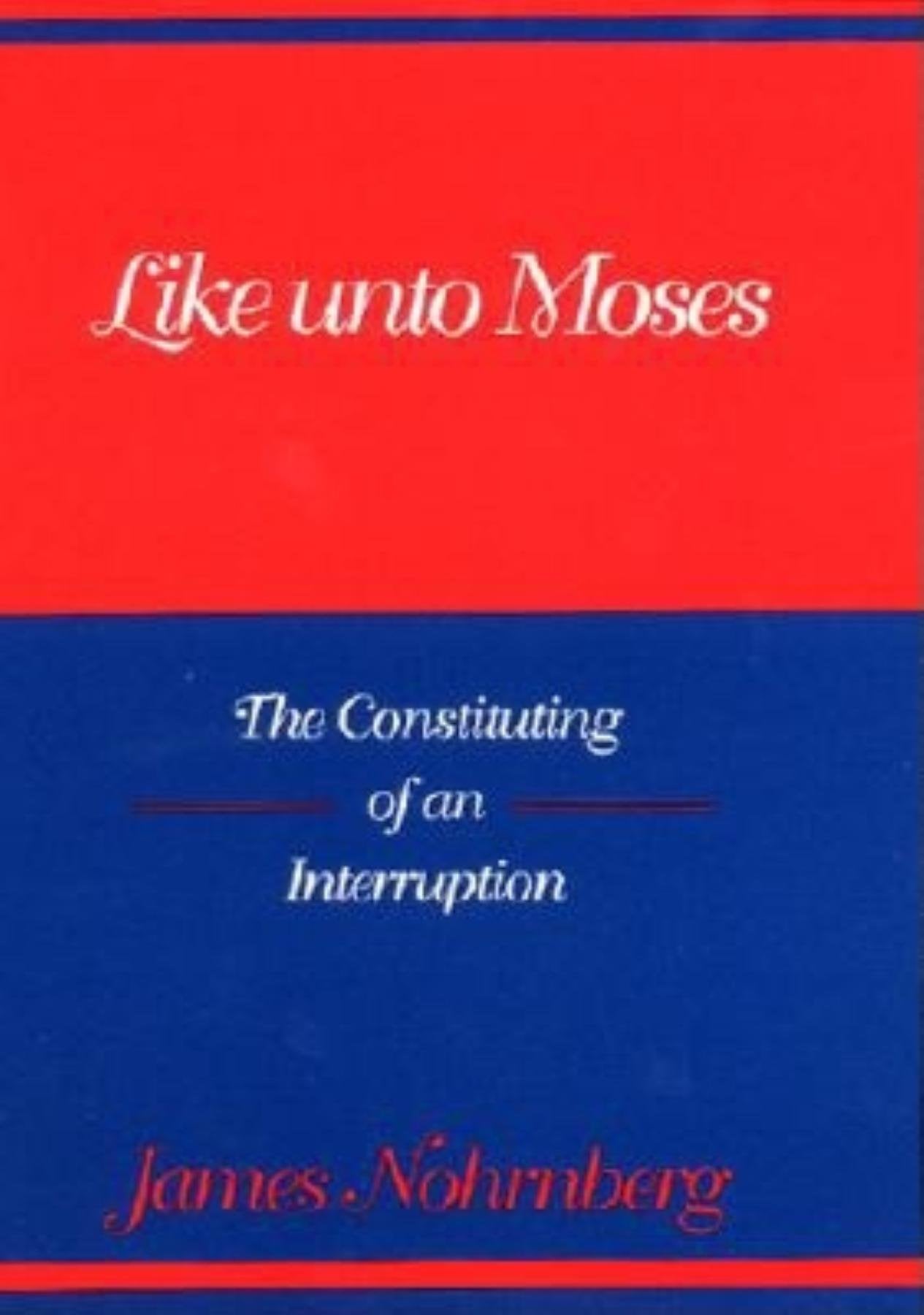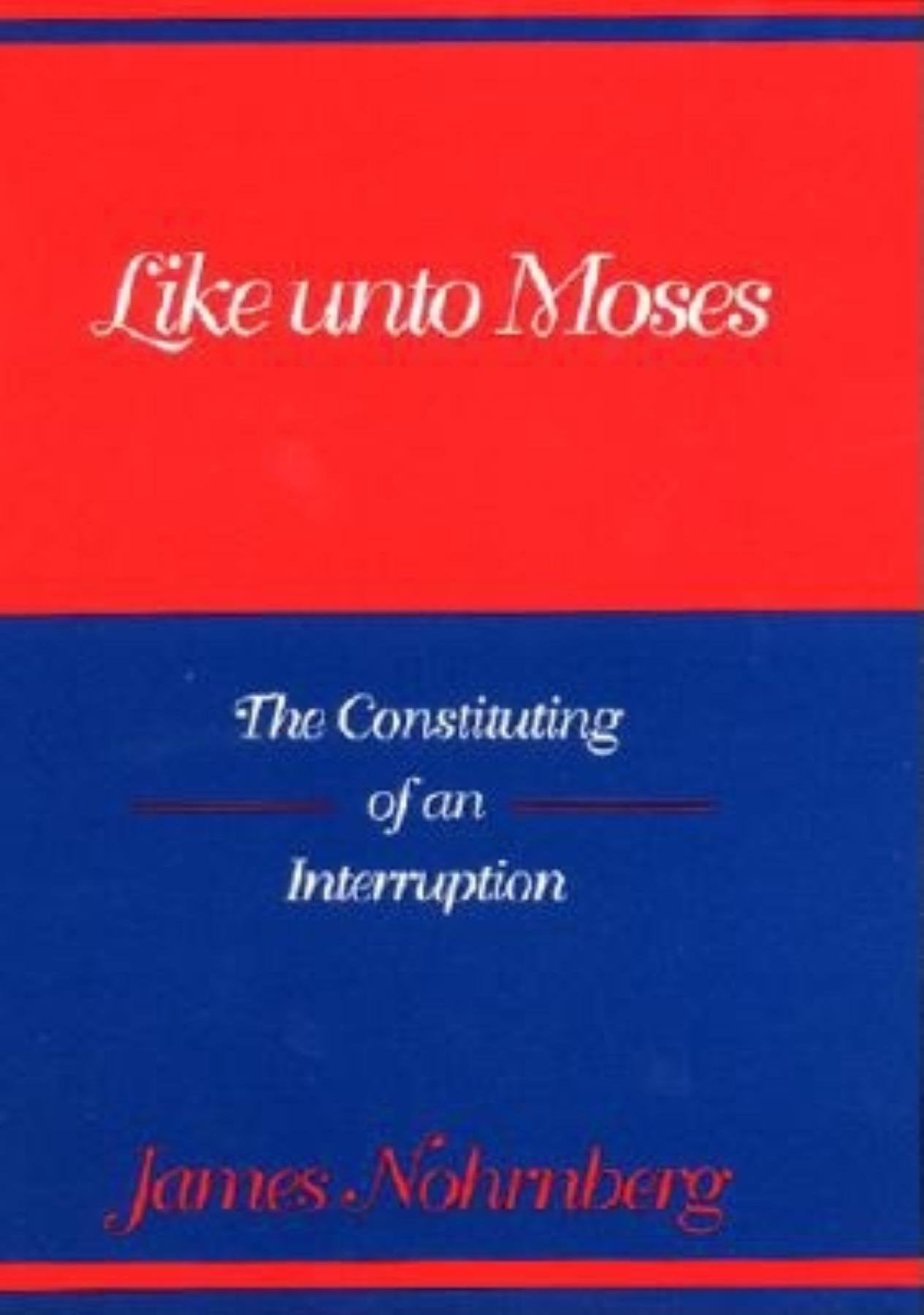Indiana University Press
Like Unto Moses: The Constituting of an Interruption
Couldn't load pickup availability
Author: James Nohrnberg
ISBN: 9780253340900
Publisher: Indiana University Press
Published: 1995
Binding: Hardcover
Language: English
Condition: Used: Near Fine
Excellent, unmarked copy with little wear and tight binding. We ship in recyclable American-made mailers. 100% money-back guarantee on all orders.
Religion & Spirituality 1666509
Publisher Description:
"This exhaustive and important study of the meaning of Moses in the Bible demonstrates conclusively 'the Mosaicization of the canon'... Nohrnberg possesses a remarkable typological imagination. No summary can do justice to the sheer brilliance of the congruities and disparities he discovers on every page." --Journal of Religion
"LIKE UNTO MOSES proposes a series of challenging perspectives on the
process of canon-formation in the Bible. James Nohrnberg's ability to
trace connections among different elements of the biblical corpus is
unflaggingly resourceful, sometimes provocative, and often deeply
instructive." --Robert Alter
"... an insightful study of the traditions of Moses in the Bible." --Choice
"This is a formidably argued, large book.... It is also certainly the most sophisticated book on Moses and one of the most sophisticated readings of the Bible which I have ever had the pleasure of reading.... I think it is a brilliant achievement and would recommend it to every reader of the Bible." --R. P. Carroll, The Society for Old Testament Study Book List
The Moses of the Bible is a veiled figure who exists both inside and outside the text which describes and defines him. "Moses" is a creation of Israelite literary and scriptural tradition, an ideological construct, a reinvented memory, a projection of what Israel wished to see in Moses. Nohrnberg examines the texts of "Moses" for their representation of the tradition's self-doubt and its revisionary, "deuteronomic" content.

